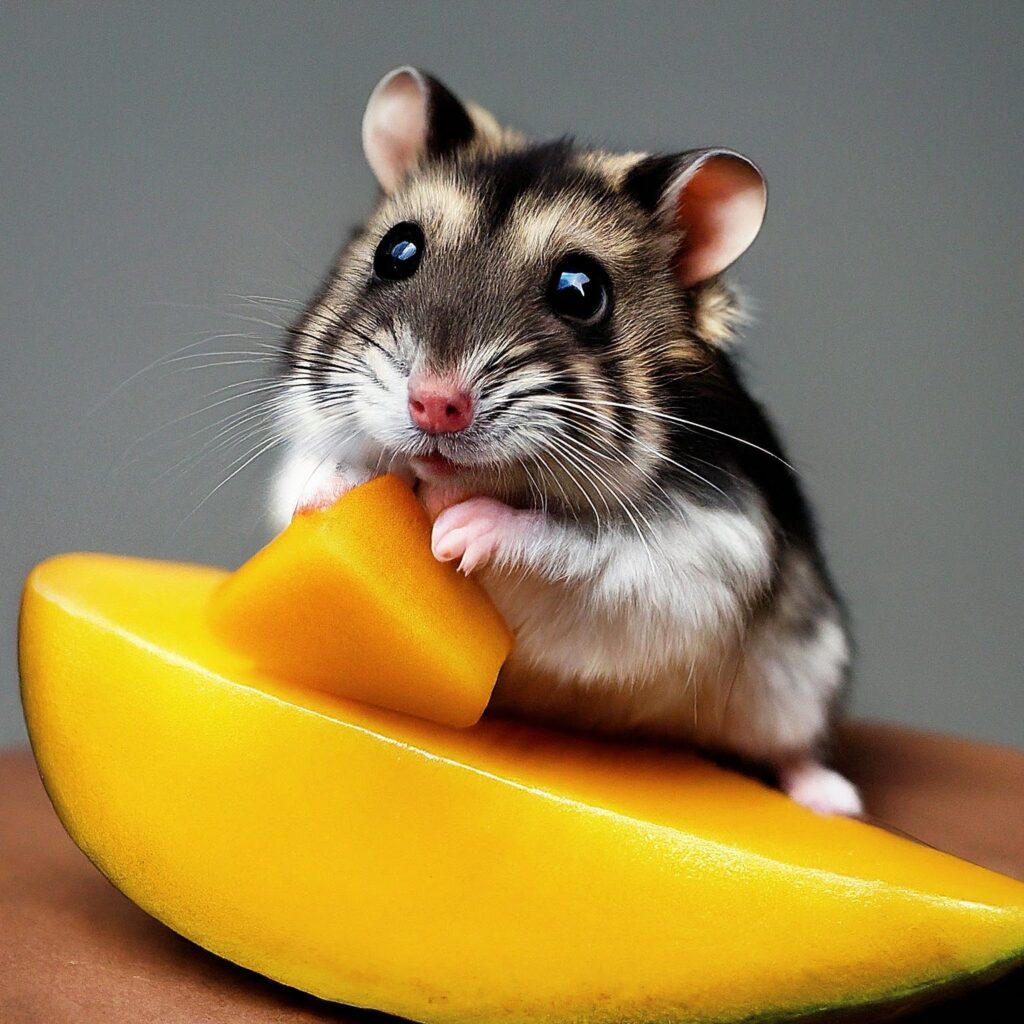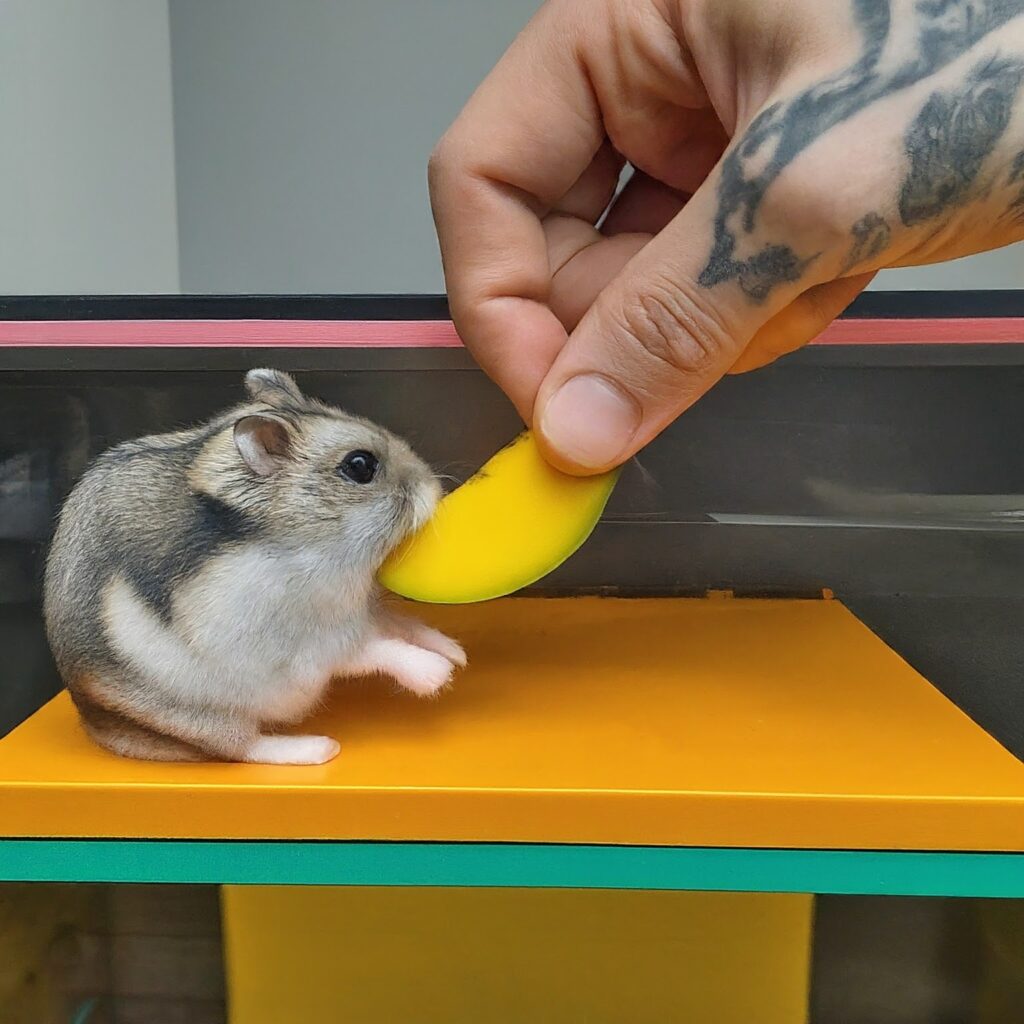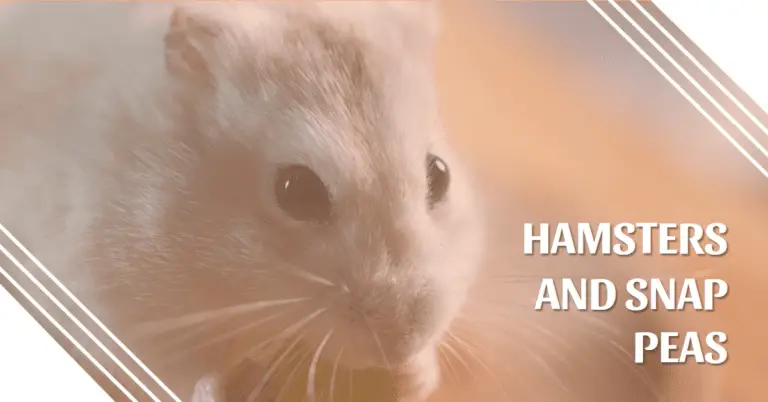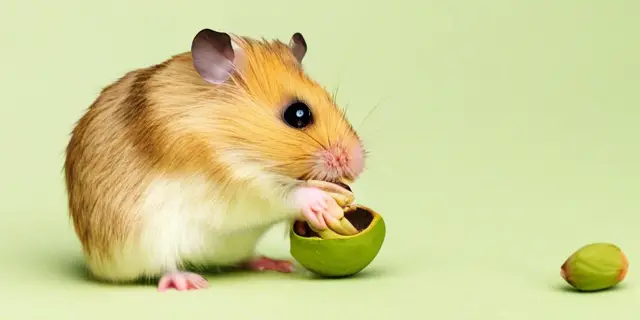With its tempting tropical flavors and juicy sweet flesh, it’s no wonder mango is a beloved fruit worldwide. But is this popular treat suitable for tiny hamster taste buds? Can hamsters join in on the mango fun? Let’s find out!
Can Hamsters Eat Mango?
Yes, hamsters can eat mango in very small portions as an occasional treat. Mangoes contain beneficial nutrients like vitamins, minerals, and antioxidants. However, the high natural sugar content means mangoes should only be fed sparingly.
Here is a quick overview of the pros and cons of feeding mango to hamsters:
| Pros | Cons |
|---|---|
| Healthy antioxidants | High in natural sugars |
| Provides vitamins A, B6, C | Excessive consumption may upset digestion |
| Supports immune system health | High glycemic index may cause blood sugar spikes |
| Promotes skin, coat, and bone health | Excess may contribute to diabetes |
| Enhances flavor diversity | Potential for addiction as a treat |
As you can see, mangoes do offer nutritional value but their sugar content requires strict moderation. Follow the portion guidelines below for safe mango treats.
Nutritional Breakdown of Mangoes for Hamsters

Let’s look closer at the main vitamins, minerals, and beneficial plant compounds found in mangoes:
Vitamin A
One thin mango slice provides 100% of a hamster’s vitamin A needs for the day. Vitamin A supports eye health, growth, reproduction and immunity.
Vitamin C
Mangoes contain over 50 mg vitamin C per cup. This vital nutrient boosts immunity and collagen production.
Vitamin B6
There is 0.2 mg vitamin B6 in a cup of mango. B6 facilitates protein metabolism and red blood cell formation.
Vitamin K
A mango serving contains some vitamin K, about 5% of a hamster’s recommended intake. Vitamin K aids blood clotting.
Copper
Mangoes contain trace copper which assists with collagen production and melanin formation.
Antioxidants
Mangoes provide antioxidants like lutein and zeaxanthin which support eye health and immunity.
So while high in sugar, mangoes do offer valuable vitamins, minerals, and antioxidants when fed occasionally.
Potential Concerns with Feeding Mangoes to Hamsters
While mangoes are nutritious for humans, there are some risks with feeding them to hamsters:
- High natural sugar – Excessive sugar is linked to obesity, diabetes, and digestive upset.
- Diarrhea – The fruit sugars and fiber may cause loose stools in sensitive hamsters.
- Blood sugar spikes – Mango’s high glycemic index can rapidly raise blood sugar levels.
- Dehydration – Diarrhea or increased urination from excess mango can lead to dehydration.
- Addictive – Hamsters may become hooked on the sweet taste and refuse healthier foods.
- Choking risk – Mangoes’ fibrous flesh and pit can pose a choking hazard for hamsters.
To reduce these risks, mangoes should be limited to a few tiny pieces weekly at most. Offer other fruits too for balanced nutrition.
How to Safely Feed Mangoes to Your Hamster

Follow these steps to incorporate mangoes safely:
Selecting
- Choose ripe, fragrant mangoes free of blemishes
- Avoid pre-cut mangoes which can harbor bacteria
Washing
- Wash thoroughly under cool running water to remove residues
Preparing
- Peel off the skin and carefully slice off the flesh
- Dice a thin strip into very tiny cubes, no bigger than 5 mm across
Portion Size
- Limit mango treats to just 1-2 small cubes, once weekly
- Do not replace other fruits/veg with mango
Serving
- Mix the mango pieces into the hamster’s dish with their regular food
- Refrigerate any leftovers within 2 hours and discard after 3 days
Following these safe preparation methods and small serving sizes allows your hamster to enjoy mangoes as an occasional treat.
Best Fruits to Swap with Mango
While mangoes should only be fed sparingly, here are some healthier fruit alternatives to feed your hamster more regularly:
| Fruit | Benefits |
|---|---|
| Apple | Moderate in sugar, provides fiber |
| Blueberries | Low glycemic index, antioxidants |
| Raspberries | Lower in sugar, vitamins C, K |
| Banana | Contains potassium, vitamin B6 |
| Pear | High fiber, fewer calories |
| Melon | Provides hydration |
Focus on fruits with more fiber and fewer calories from sugar. Use sweet mangoes just periodically for diversity.
General Hamster Diet Guidelines
Use these tips to build a balanced diet for your hamster:
- High quality hamster kibble or extruded blend as staple diet
- Daily vegetables – leafy greens, broccoli, carrot, cucumber
- Limited fruit just 1-2 times per week – a few small bites each time
- Occasional seeds, nuts or whole grains
- Weekly portion of lean protein – cooked egg, chicken, mealworms
- Remove fresh produce within 24 hours
- Unlimited fresh, clean drinking water
- Avoid excess sugar, salt, cholesterol
- No alcohol, caffeine, chocolate, or human junk food
- Follow package instructions for portion sizes to prevent obesity
With these parameters, an occasional mango treat can be fed while maintaining great nutrition. Consult your vet too.
Signs Your Hamster Can Tolerate Mango
When first feeding mango, look for these positive signs:
- Eats the mango readily without hesitation
- No changes in activity or normal behaviors
- No vomiting, regurgitation or choking
- Appetite and eating patterns remain normal
- Stools remain well-formed, no diarrhea
- Urinates normal amounts without issue
- No signs of tummy upset like bloating or gas
If your hamster tolerates the mango well, continue to feed a few small pieces periodically as a treat.
Signs Your Hamster Cannot Tolerate Mango
Monitor for these negative reactions that indicate mango should be avoided:
- Diarrhea or exceptionally loose stool
- Lack of appetite or disinterest in food
- Excessive urination and drinking
- Dehydration from fluid losses
- Vomiting or regurgitation
- Gas, abdominal swelling or cramps
- Attempts to bury or avoid the mango
If any of these responses occur, stop feeding mango immediately and see your exotic vet. Some hamsters may have individual intolerances.
Can Hamsters Eat Dried Mango?
It’s best to avoid feeding dried mango to hamsters. The dehydration process concentrates the sugars and calories compared to fresh mango. This magnifies potential risks like obesity, diarrhea, and diabetes. Offer just tiny amounts of fresh mango occasionally instead.
In summary, mangoes provide some beneficial nutritional value, but their high sugar content means strict limits for hamsters. Feed fresh mango only sparingly as part of a varied diet. Focus on lower glycemic produce to support your hamster’s health safely.





